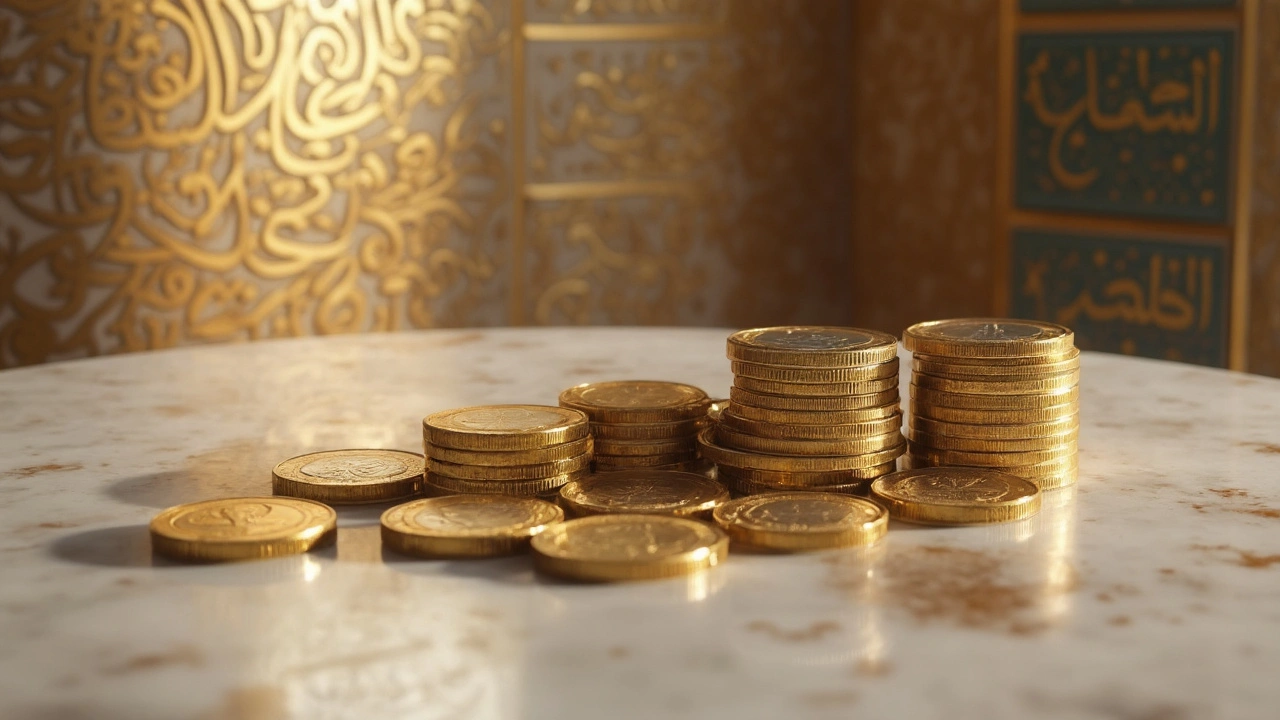Currency Basics & Smart Tips
First thing you need to know: a currency is simply the money a country uses for buying stuff. Knowing the name, symbol and value of a currency helps you avoid surprises when you shop, travel, or pay online.
How Exchange Rates Are Set
Exchange rates tell you how much one currency is worth in another. They move because banks, traders, and governments buy and sell money every day. When demand for a currency goes up, its value rises, and the opposite happens when demand drops.
Big events—like elections, oil price changes, or a pandemic—can swing rates fast. If you see a news headline about a central bank cutting interest rates, expect that currency to weaken a bit. Watching a simple finance app can give you a real‑time snapshot without any jargon.
Practical Money Hacks for Travelers
Before you book a flight, check the current rate on a trusted site or app. Convert just enough for your first few days; that way you’re not stuck with extra cash you can't use later. Credit cards that waive foreign‑transaction fees are gold, but always let your bank know you’ll be abroad to avoid blocks.
Cash is still handy for markets, taxis, or small cafés that don’t take cards. Grab a small amount from an ATM that’s part of a global network to keep fees low. Count the cash in the local language if you can—it helps you spot mistakes quickly.
If you’re moving money between accounts, use services that offer mid‑market rates instead of banks that add a markup. A quick Google search for "best currency exchange app" will pull up options that let you lock in a rate for a short period.
Budgeting while traveling is easier when you think in your home currency. Set a daily limit in dollars or pounds, then multiply by the exchange rate. This gives you a clear ceiling and stops overspending before you even step out.
When you return home, don’t rush to exchange leftovers. Some places give you a better rate if you wait a few days, especially if the market has shifted. Keeping the cash safe in a zip‑lock bag inside your luggage is better than stuffing it in a pocket.
Finally, remember that currency isn’t just about numbers. It reflects a country’s economy, culture, and history. A quick chat with a local about their money can lead to useful tips you won’t find online.
Use these simple steps—know the rate, plan cash vs card, and watch fees—and you’ll handle any currency like a pro, whether you’re buying a coffee abroad or budgeting at home.





